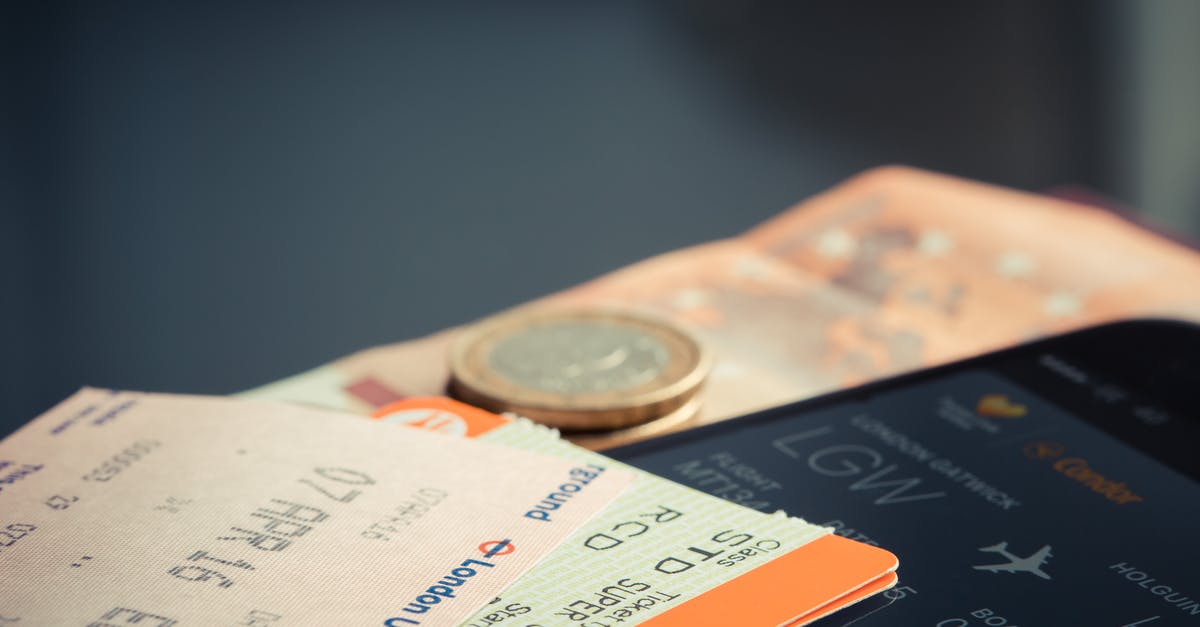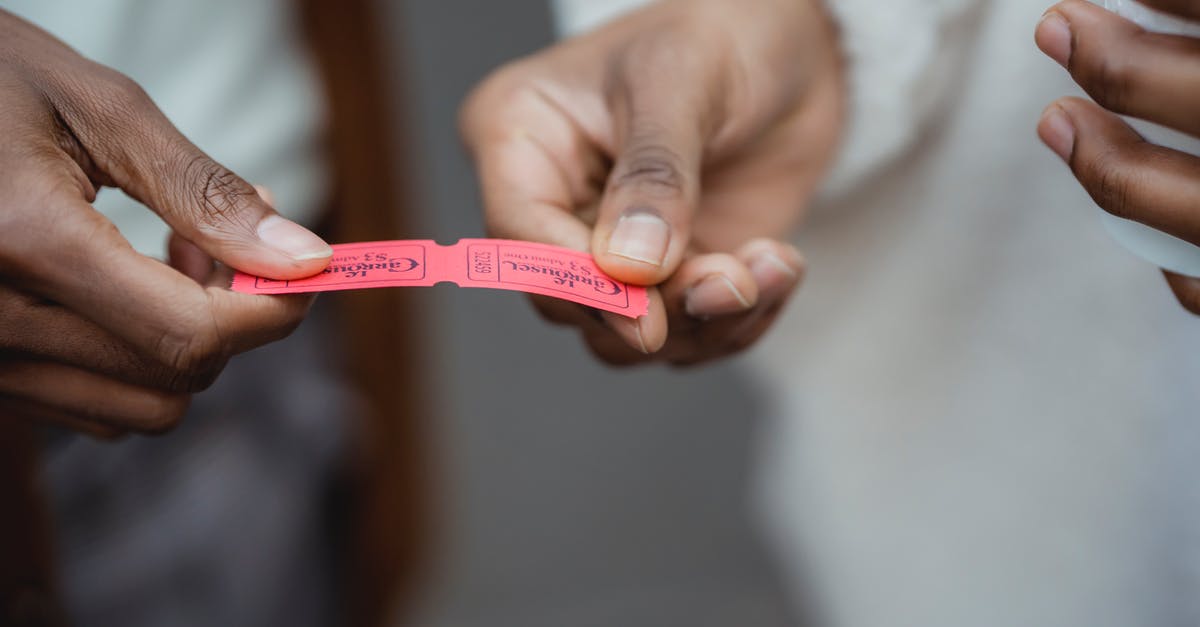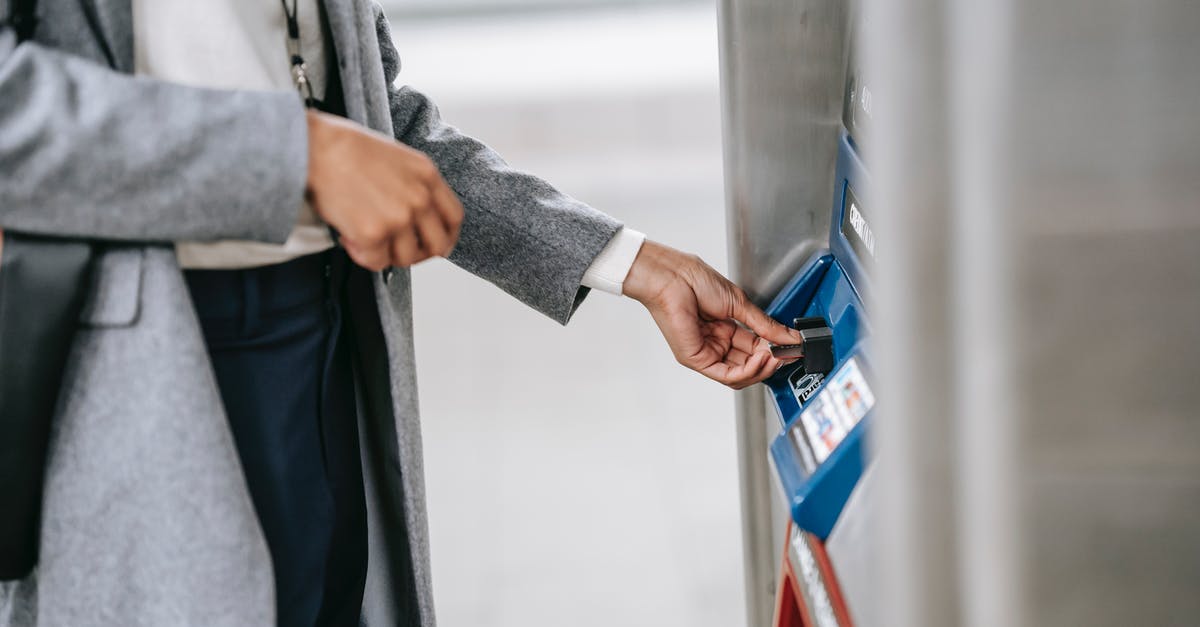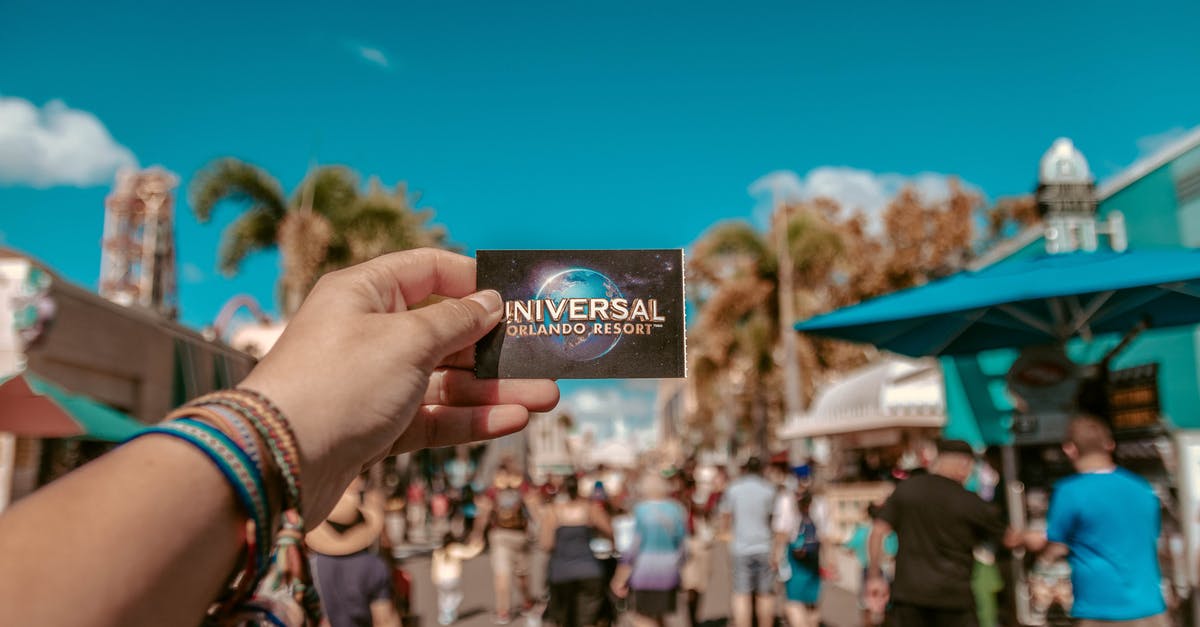A ticket or a receipt?

In the old days (when I used to travel) a ticket was a piece of paper. It had some substance. Now there is a multitude of names (and perhaps there was before as well although I feel more uncertain now).
Emirates Airlines offer an “e-Ticket Receipt & Itinerary” A local carrier, Bangkok Air, gives me a “eTicket Receipt”, and Brussels airlines “e-ticket travel itinerary”. On Ryanair you get a booking reference only via email and later the (possibility to write a) boarding pass.
On a new airline, there is always a moment of uncertainty for me. Did I only get a documentation of a financial transaction in connection with me buying a ticket, or was it the ticket itself?
I realize that there are a multitude of other issues and reasons why you might not be allowed to board (passport or perhaps visa issues, health concerns etc.) so the ticket doesn't solve everything, but I still wonder if there is (or should be) an international (IATA?) standard for this document which essentially guarantees your trip and used to be a “ticket” and nothing else?
Best Answer
The new equivalent for a "ticket" is an "e-ticket number". The issuing of that "e-ticket number" (sometimes simply called a ticket number given that basically all tickets are e-tickets now days) is the e-ticket equivalent of a physical piece of paper ticket being issued.
When you make a new booking, most airlines assign a "Confirmation Number" or "Record Locator" to your booking, which is normally a 5-8 alphanumeric code, something like F3KA8R. These confirmation numbers do not imply you have a paid booking, but more that a reservation has been started. Confirmation numbers are not unique - not only can different airlines allocate the same confirmation number, but they also get re-used by airlines after a previous booking has been completed.
At some stage after you purchase your itinerary, it is "ticketed", which is the point where payment is made, and the e-ticket number is allocated. E-ticket numbers are assigned in a format defined by IATA (the International Air Transport Association) that is a 13-14 digit long number. The first 3 digits of the e-ticket number map to the airline that issued the ticket. For example, the e-ticket number 0161234567890 was issued by United Airlines, based on the "016" at the start.
As far as what constitutes your "ticket", the e-ticket number is it. Normally something called a "receipt" or similar will include the e-ticket number on it, whilst an "itinerary" or similar may not - although it would normally include the confirmation number.
When talking to an airline, they can normally use either the confirmation number or e-ticket number as a reference to find your booking.
Pictures about "A ticket or a receipt?"



What is a ticket receipt?
An e-ticket itinerary / receipt contains important information of the e-ticket. It is necessary when changing reservations, applying for refunds and for boarding a flight. Please keep it with you throughout your travel.What is the difference between receipt and bill?
A bill and a receipt are used in two entirely different situations. A bill is presented when money is owed, while a receipt is given when an amount owing has been paid. Put another way, a bill is a request for payment, while a receipt is the acknowledgment of payment received.Should I send an invoice or a receipt?
Can an invoice serve as a receipt? Businesses should not use invoices and receipts interchangeably. Because invoices are used to collect payments and receipts are used as a proof of payment, substituting one for the other should be avoided.What counts as an official receipt?
a. Official receipt is issued by the seller to the buyer as written evidence on sale of services or leasing of properties, as well as acknowledgement on collection of cash payment on services rendered. It serves as basis of the percentage tax liability of the seller.Receipt, recipe, bill, ticket y más – Vocabulario en Inglés
More answers regarding a ticket or a receipt?
Answer 2
There are essentially no paper tickets any more. There are only e-tickets. You can't hold these in your hand. Probably the only part of them that matters is the ticket number. Airlines are free to issue you receipts, itineraries, confirmations or whatever else they want to call them, and will typically include the ticket number, your name, the airports involved as well as dates, times, and flight numbers, and finally their own "booking code" or whatnot that you can use on their website that is different from the ticket number. There's no single name for this mishmash of information, and nor is there a standard form, because none of it is for airlines. It is for the human passengers, their friends and colleagues with whom they share their plans, and perhaps customs officers who want proof of an onward or return journey.
I'm sure there is a standard format and name for the actual e-ticket, agreed to by all the airlines. But you never see that, and never need to.
To the matter of "do I have what I need to get on the plane?" you can be quite confident if you've used their booking reference to look up your booking on their website, or if you've been able to check in online. You may find yourself handing a printed PDF to a frowning check in agent, or passing your laptop across the desk (I've done this in Berlin and in Munich when Lufthansa people couldn't find my booking, but armed with assorted long numbers from my receipt, all was settled) but that's the exception, not the rule. The ticket isn't something you need to bring to the airport, or can lose. It's something you just need to prompt the airport people to find, which they do.
Sources: Stack Exchange - This article follows the attribution requirements of Stack Exchange and is licensed under CC BY-SA 3.0.
Images: Torsten Dettlaff, Uriel Mont, Ono Kosuki, C. Cagnin
